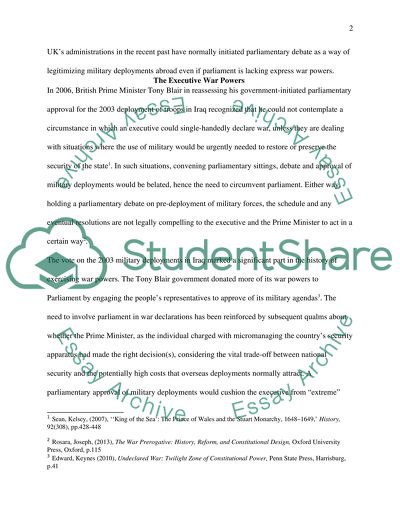Cite this document
(“Constitutional and Administrative Law (question in instructions box) Essay”, n.d.)
Constitutional and Administrative Law (question in instructions box) Essay. Retrieved from https://studentshare.org/law/1641449-constitutional-and-administrative-law-question-in-instructions-box
Constitutional and Administrative Law (question in instructions box) Essay. Retrieved from https://studentshare.org/law/1641449-constitutional-and-administrative-law-question-in-instructions-box
(Constitutional and Administrative Law (question in Instructions Box) Essay)
Constitutional and Administrative Law (question in Instructions Box) Essay. https://studentshare.org/law/1641449-constitutional-and-administrative-law-question-in-instructions-box.
Constitutional and Administrative Law (question in Instructions Box) Essay. https://studentshare.org/law/1641449-constitutional-and-administrative-law-question-in-instructions-box.
“Constitutional and Administrative Law (question in Instructions Box) Essay”, n.d. https://studentshare.org/law/1641449-constitutional-and-administrative-law-question-in-instructions-box.


